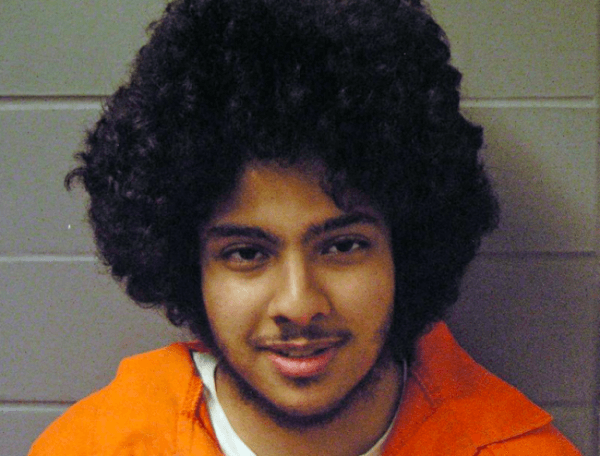CHICAGO—A federal judge on Monday handed an Illinois man a 16-year prison sentence for trying to kill hundreds of people by detonating what he thought was a car bomb outside a crowded Chicago bar in 2012, saying she factored in his mental health in imposing a sentence much lower than prosecutors requested.
The sentence announced in Chicago for 25-year-old Adel Daoud includes time for later attempting to have an FBI agent killed and for slashing an inmate with a shiv for taunting him with a drawing of the Prophet Muhammad.





